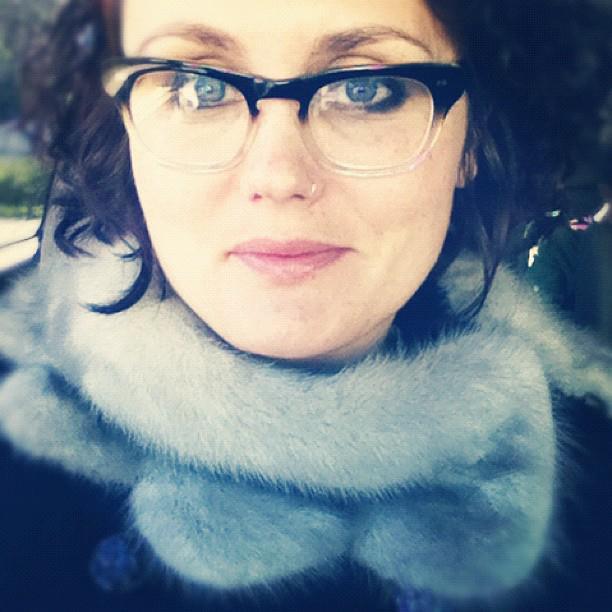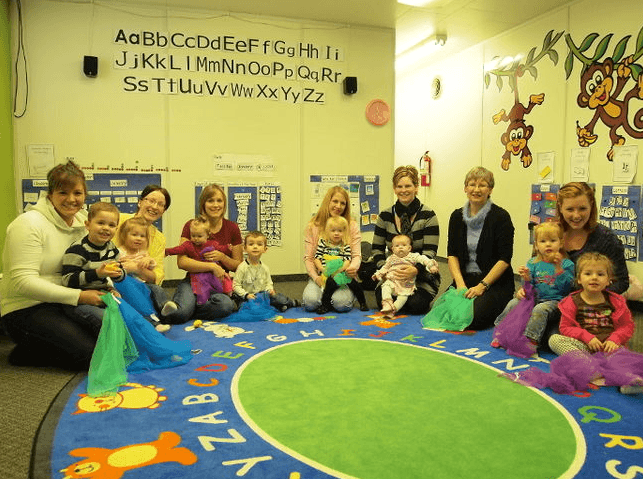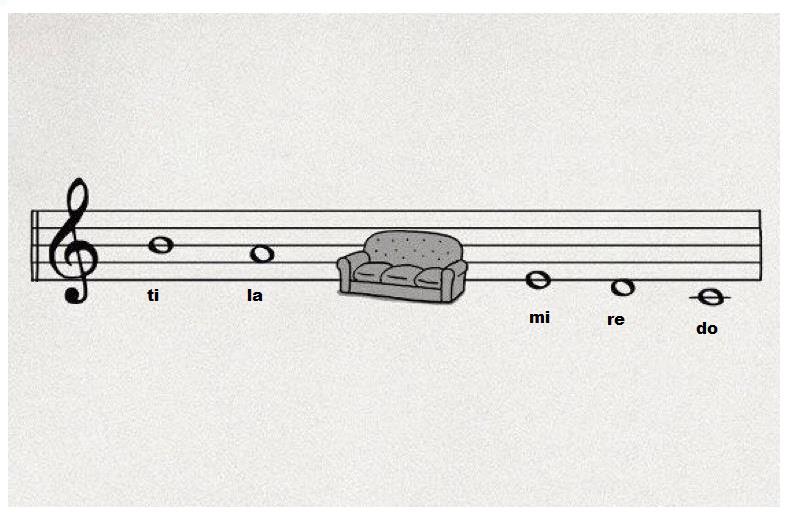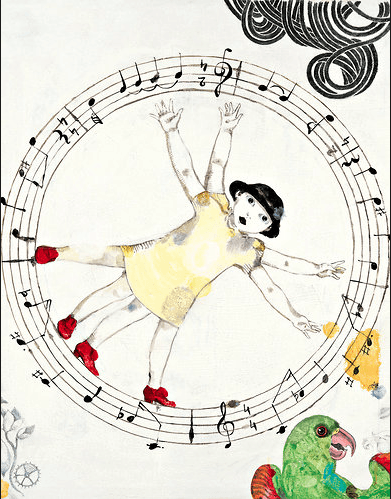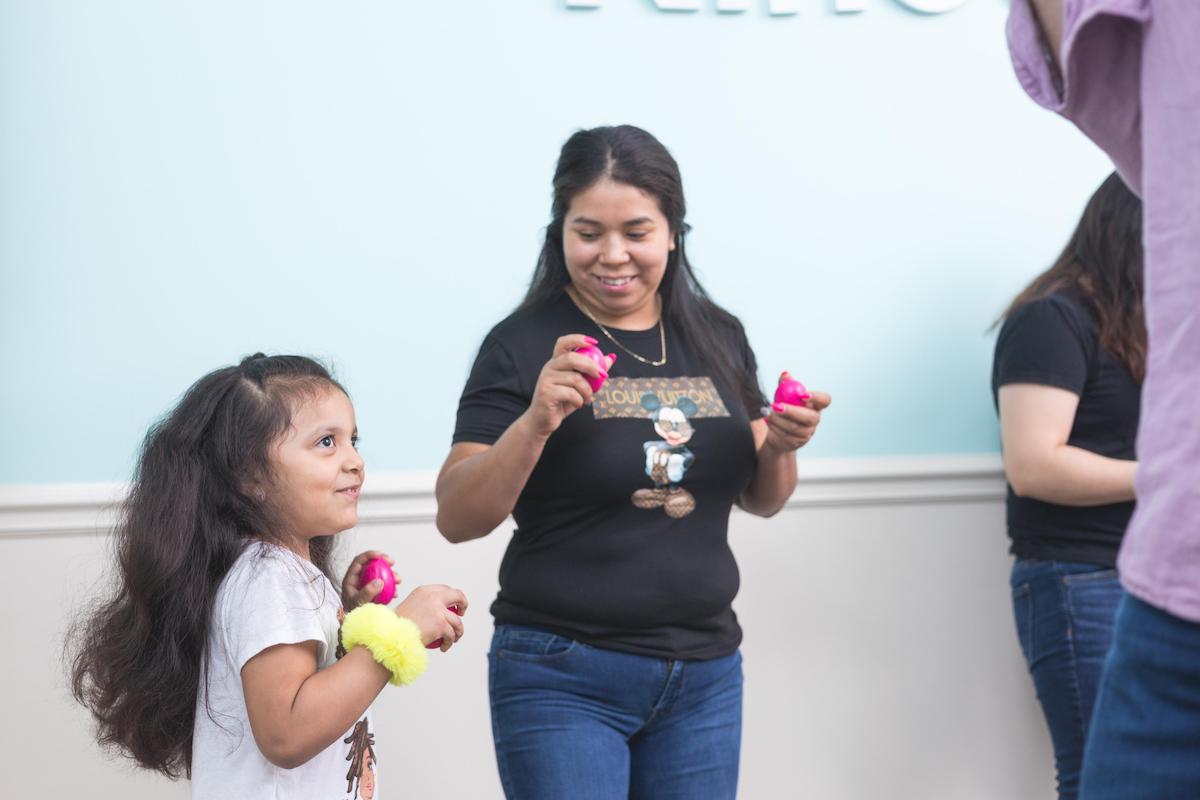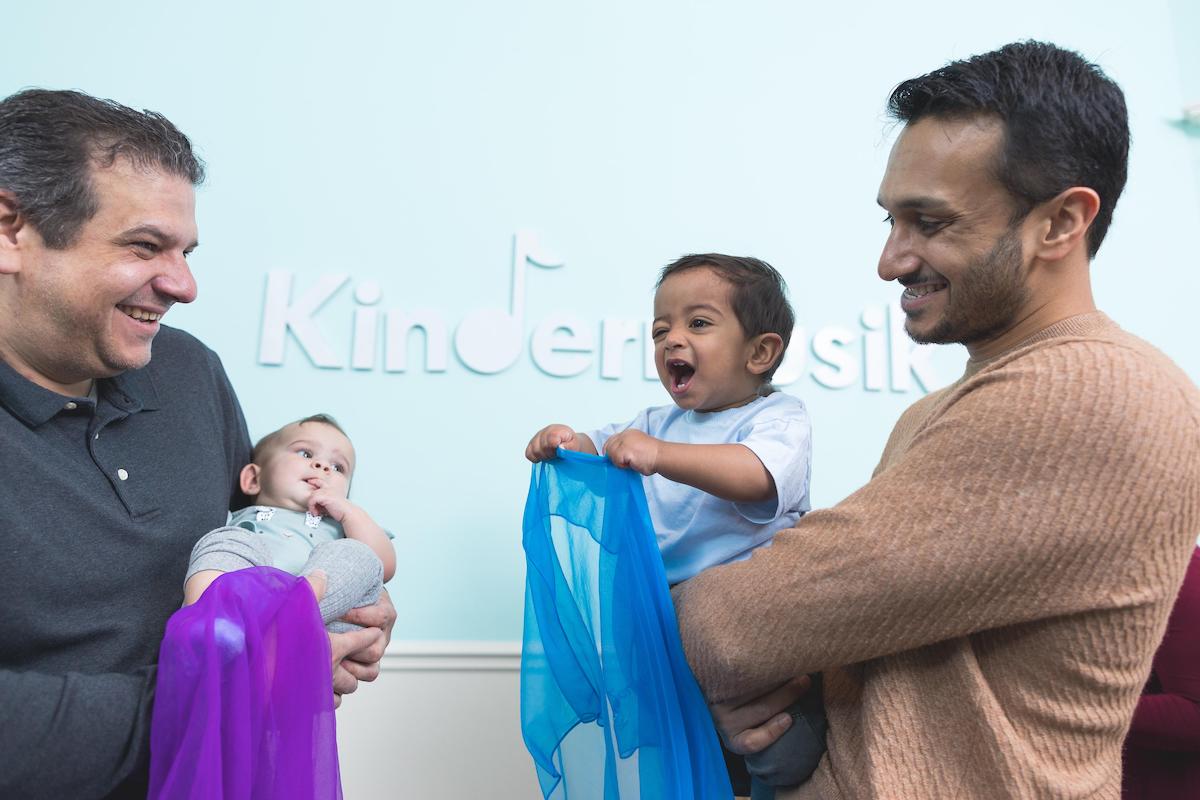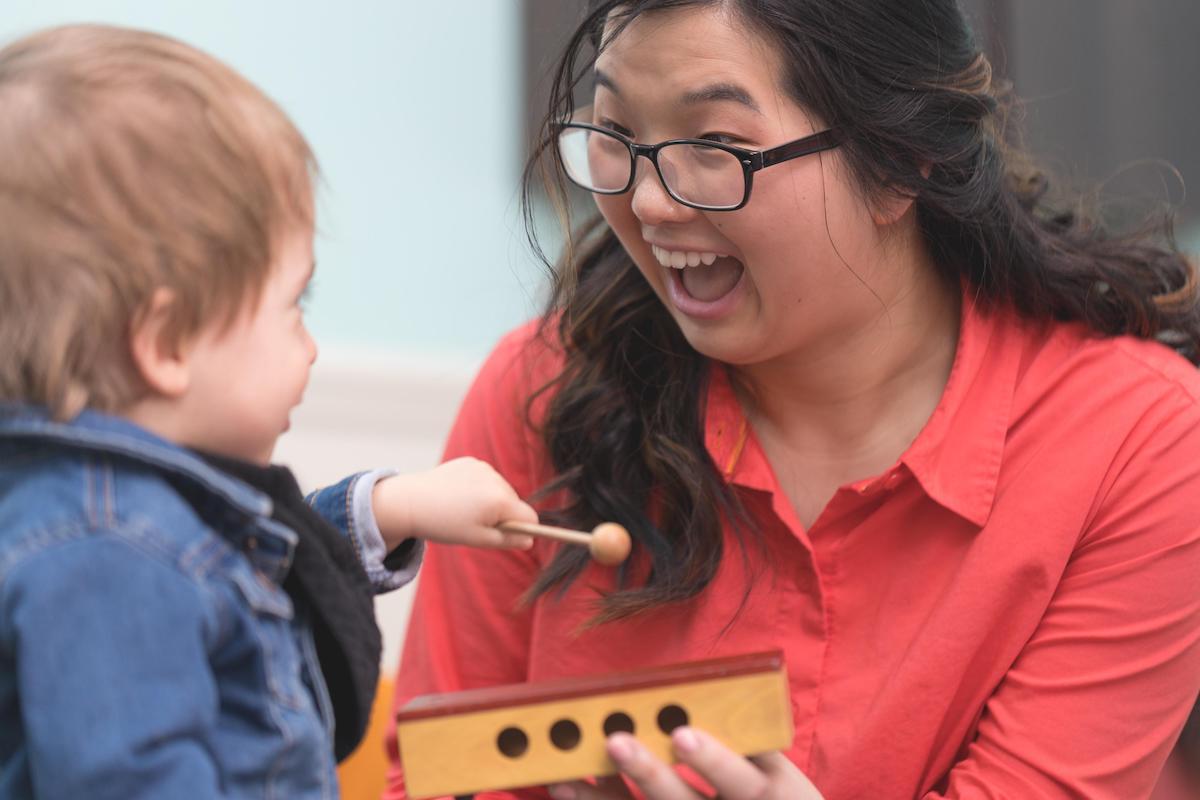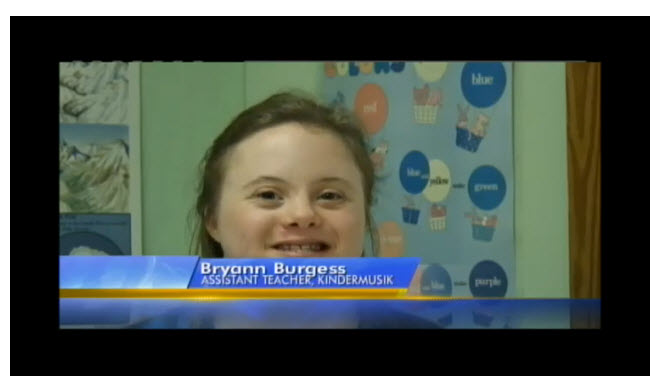
One of my favorite bloggers is former Kindermusik Educator Mollie Greene. She posts pictures, adores coffee, and in the summer, complains about the heat like a paper daisy wilting in the sun. My favorite posts are the lists, like this one: “2013 things to do in 2013.”
say no to guilt
say yes to long walks
buy large houseplants and keep them alive
play goldberg variations
play gin rummy
make the dog behave

Her carefully crafted sentences and lists drop and gently spin like her carefully crafted paper mobile artworks. In addition to writing, Greene also creates and makes paper art, available on her Etsy shop, Royal Buffet.
Hey Mollie. Add this one to the list: Publish that new paper craft book.
The former Kindermusik educator, musician, writer, blogger, crafter, and mother of four is about to add “published author” to her list of accomplishments. In July, Greene and California publisher Chronicle Books will release Sweet Paper Crafts, 25 Simple Projects to Brighten Your Life. You can pre-order it now on amazon.com
Greene created the book with photographer (and her husband) Aaron Greene. Her paper work has also been featured on numerous Web sites and blogs including Martha Stewart Weddings, Free People, Design Sponge, and Decor 8. In print, her work has appeared in Southern Living Magazine and the craft book Playing with Books.
Her first paper-craft book was a self-published project with Aaron, Make & Do Paper Fascinations for Every Lovely Occasion.
We recently caught up with a properly caffeinated Mollie Greene to say congratulations, and to ask, “how’d you do it?”

Name: Mollie Greene
Location: Greenville, SC
Kindermusik Educator: 2001-07 at Piano Central Studios. The studio’s founder and owner, Theresa Case, is also author for this blog’s Foundations of Learning posts.
Why did you start teaching Kindermusik?
In college (for Piano Performance at Bob Jones University) I had to observe a Kindermusik class, and I was impressed with the storytelling aspect of the class, and the themes, and dancing, and using music to work with kids is always fun. I just thought it was a whole lot of fun, and I thought it would be a fun way to make a living for a little while.
Why did you stop teaching Kindermusik?
After I had my third baby it was just too crazy. I have four children now. Henry is 10, Jude is 8, Lola is 5, and Dot is 5 months.
The new book is different from your first self-published book. How so?
In the self-published book we did about 10 tutorials. They were mostly things that people had asked me about. We thought about putting the tutorials in a blog format but, because there were so many, we just did it as a book.
The new book with Chronicle has 25 projects and the crafts are all different, there’s much more variety.
Some activities are things that I’ve sold in my Etsy shop. Most are new projects that I’ve been working on with my editor so there would be more variety – in the kind of paper you would use and the variety of projects – so there wouldn’t be 25 butterfly projects. They all needed to be different so there will be more appeal to more people across the entire book.
Some were things I haven’t made in years, made when I was a kid, for a more modern, grown up way to make it.

Are the crafts for kids or adults?
The book targets adults. Most of the projects take a little more time or skill with scissors, but most of the projects could be adapted for kids. Otherwise, most of the crafts are good for kids around middle school and up.
How did you get the book published?
Chronicle Books is a great source for art books, books about the arts – especially crafting books. I sent them a copy of the self-published book because we didn’t know if they’d be interested in picking that one up; and because it was a good sample of the work.
The editor I sent it to liked it and she helped us get it started.
How long did it take for Chronicle to respond to you and and pick up the book?
We sent the first book in October and heard back in November, 2011. We started working on it in February and it was only a few months before we had to get the ball rolling and start writing.
On your blog, you said this project started last spring, “when I was morning sick and in the midst of a big household move.” Why in the world would you do that?
It all kind of came at once. I’d just found out I was pregnant with Dot and we were moving across town, and they just wanted to get started so we could publish it by this summer. So we had to get it all done by last summer.
And I just thought, you know, you have more time than you think you have. If you can get organized, you can do more than you think you can. Which is not my typical way of living.
You can find Mollie’s writing online at molliegreene.com.
And if, like Mollie, you’re looking for a fun, creative way to make a living, ask us today about becoming a Kindermusik Educator.
- Sign-up to become a Kindermusik Educator
- Learn more about Teaching Kindermusik
- Get info on Starting Your Own Kindermusik Program

